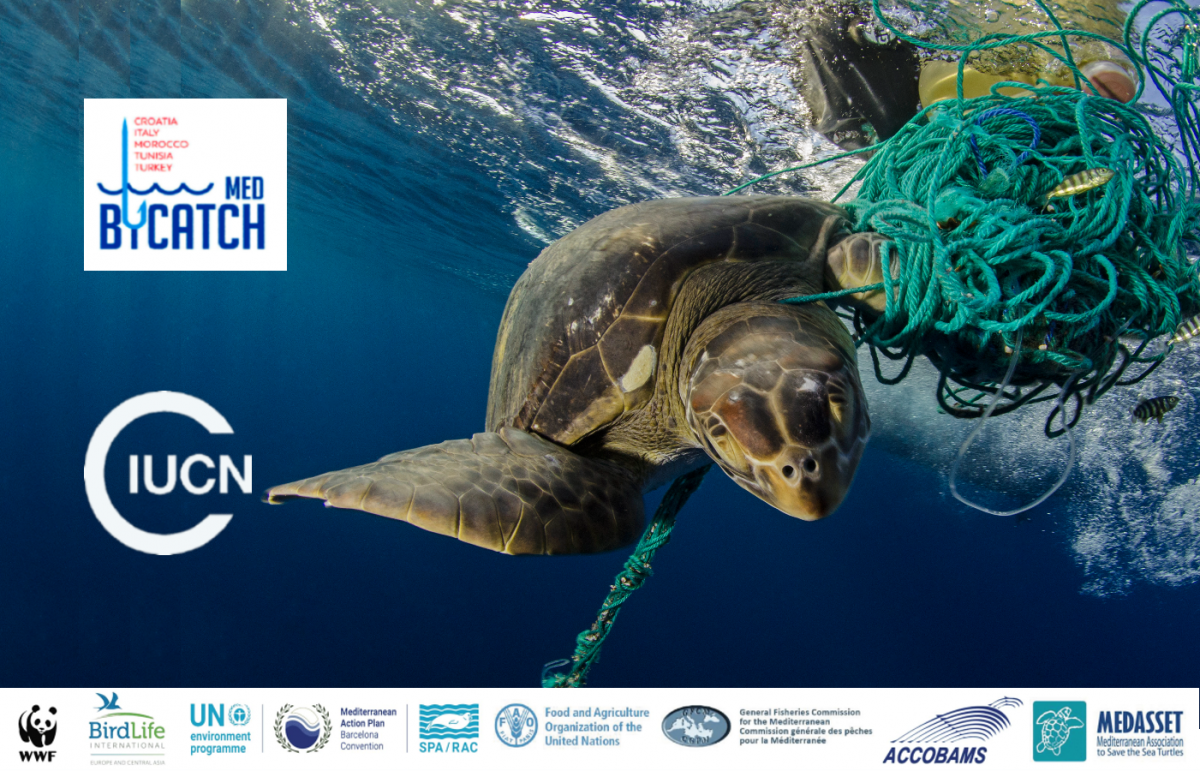CORDIO 2008 Status Report on Indian Ocean coral reefs
This status report marks a decade of CORDIO in the Indian Ocean.

Photo: IUCN 2008
Started in 1999 in response to the mass mortality of corals associated with the severe El Niño of early 1998, CORDIO now works in a broad range of disciplines exemplified by the contributions in this report, focusing on long term monitoring and research to improve environmental and resource management and policy development.
Research areas extend across diverse fields in biological and social sciences, and support education programmes and capacity building. Reflecting the priorities faced by the majority of Indian Ocean coastal peoples, encompassing marine and coastal management and livelihood and economic security, in 2007 CORDIO changed its name to Coastal Oceans Research and Development in the Indian Ocean, from Coral Reef Degradation in the Indian Ocean. Under this new title, CORDIO is evolving into a broader network of collaborators, anchored in key institutions in the region, working from local to global scales, and continuing to focus on capacity building of partners and institutions in the Indian Ocean. Coral reefs remain central to CORDIO, and have provided a learning ground for translating our approaches to other marine and coastal systems.
Key features of the CORDIO programme heading into its second decade include the following:
- A sustainable livelihood approach to resource use and conservation, focusing on the interactions between people and marine ecosystems.
- Following the distinction between basic and applied science, we focus on bridging the gap between management needs and science , turning basic research on issues such as coral bleaching to applied problem solving to provide answers to management questions.
- From a direct focus on supporting monitoring activities, building these up to be able to enable vulnerability analyses . This approach emphasizes interpretation of monitoring information with respect to current and future threats, assessing vulnerability to growing human populations and climate change.
- A continued focus on capacity building and training at all levels, from fishers through protected area rangers to undergraduate and graduate university students to Principal Investigators, building regional capacity to resolve regional issues.
- Partnerships organized along thematic lines, such as on coral bleaching, genetic connectivity, biodiversity, resilience-based management or socio-economics, building the critical mass of expertise in our areas of work.
A strategic collaboration with the International Union for the Conservation of Nature’s (IUCN) Global Marine Programme, providing complementary benefits in technical capacity and access to governance processes from national to regional levels.
In the coming decade, perhaps the major question that CORDIO and other research and management focused organizations are asking is “how bad might it get?” Predictions of the Intergovernmental Panel on Climate Change (IPCC) are for worsening climate impacts globally. With increasing population pressure in all countries of the region, additive and synergistic effects of multiple threats are likely to worsen conditions for coral reefs. While many reef scientists are cautious, and even optimistic, about the adaptive potential of corals and zooxanthellae to climate change, all driving factors are heading in the wrong direction for corals – sea surface temperature, ocean pH, local fishing pressure, distant markets for marine products, pollution, invasive species, and the list goes on. Investments made in reef resilience and research and management capacity will be essential to minimize negative trends and to preserve any capacity for improvements, let alone attempt to reverse the trends and succeed with improving environmental health and livelihoods.
The broader context of science funding shapes the ability and potential for institutions such as CORDIO to grow and implement programmes. Globalization, including the funding for science and conservation, tends towards larger more uniform structures at the expense of local more diversified projects. To some extent this goes against CORDIO’s past practice of focusing on priorities identified locally and nationally, and tailoring our engagement at these levels. While larger sources of funding may become available through climate change and adaptation mechanisms, they may force greater uniformity of action across scales, and increase the challenge of designing projects and activities to suit local settings.
A summary of projects and current reef status in CORDIO regions – South Asia, the Andaman Sea, the Indian Ocean islands and the East African mainland coast – are contained in the following chapters. Further information on reef status is contained in the Global Coral Reef Monitoring Network’s 2008 report, released concurrently with this report.



